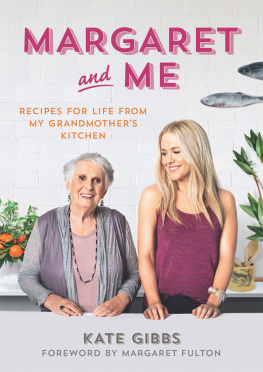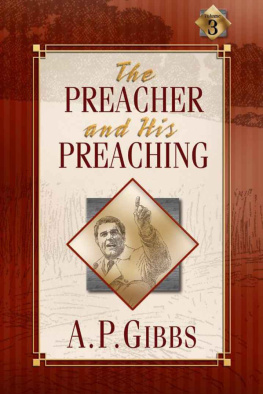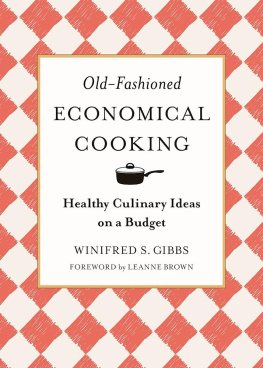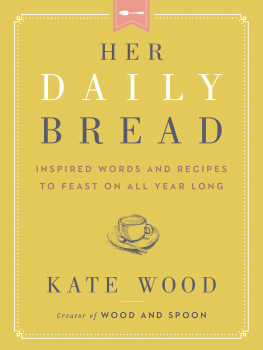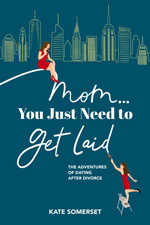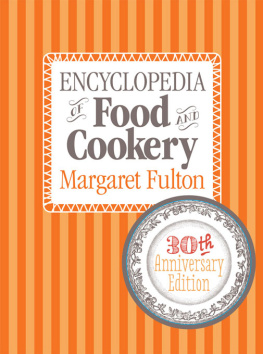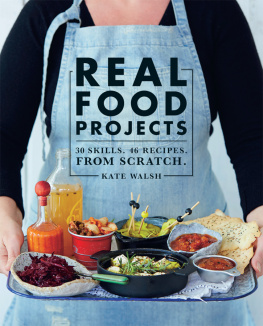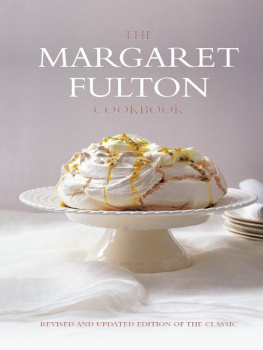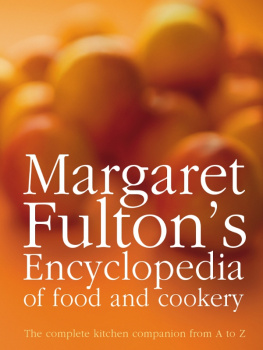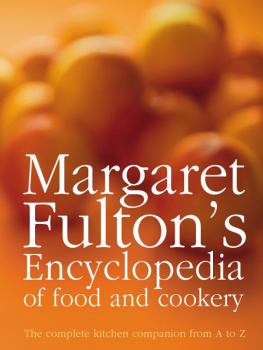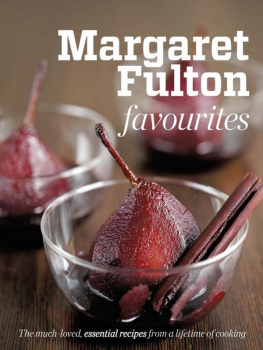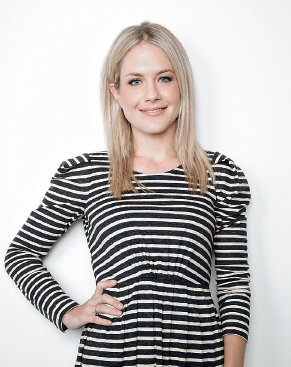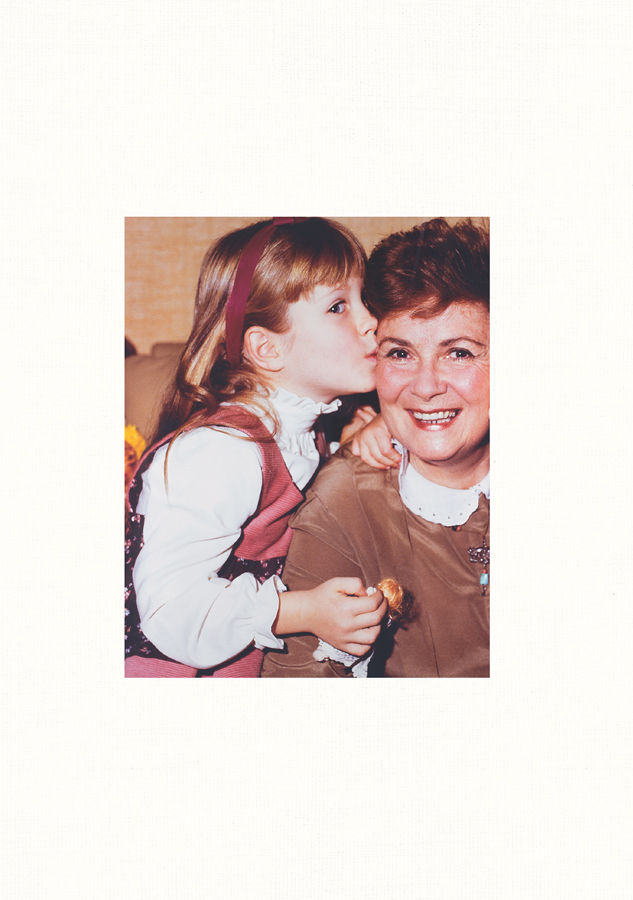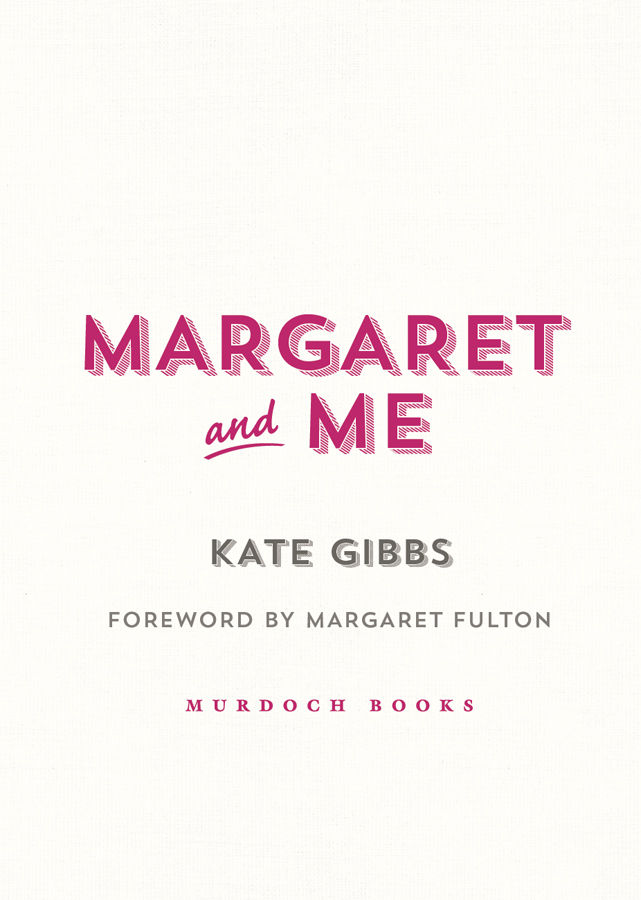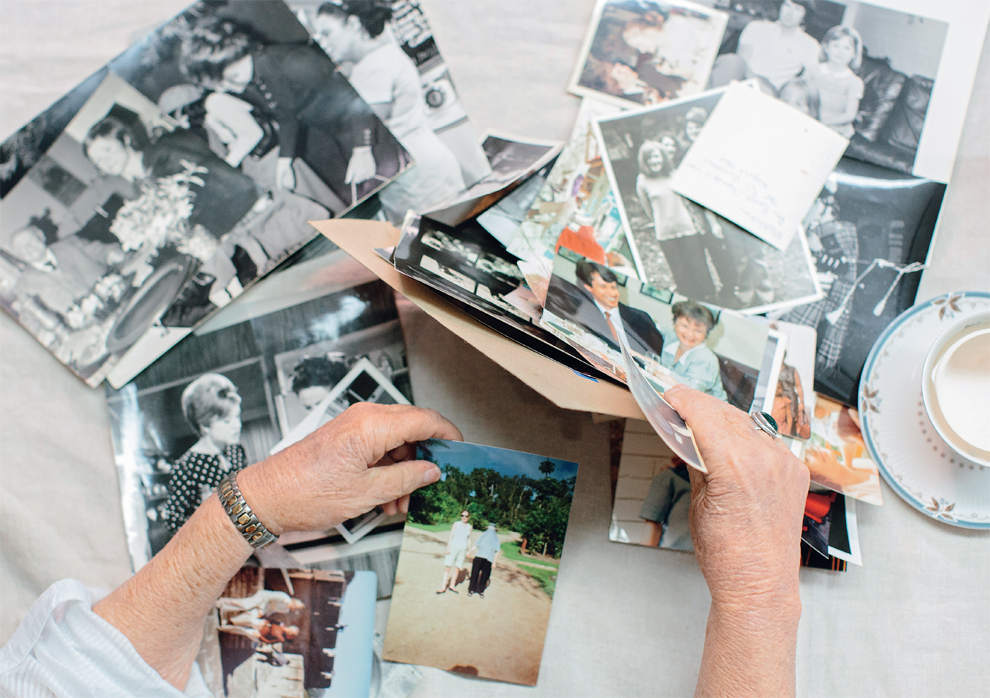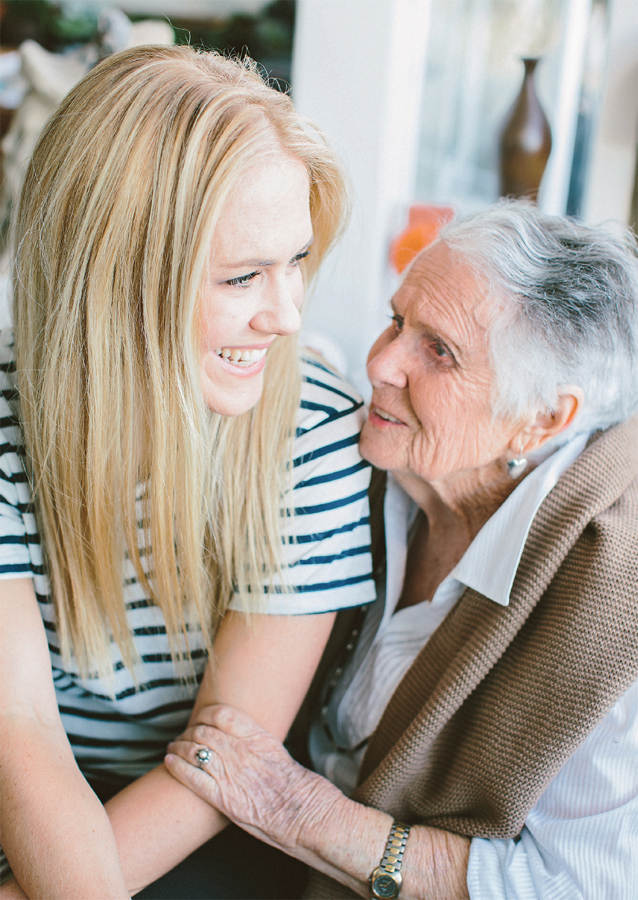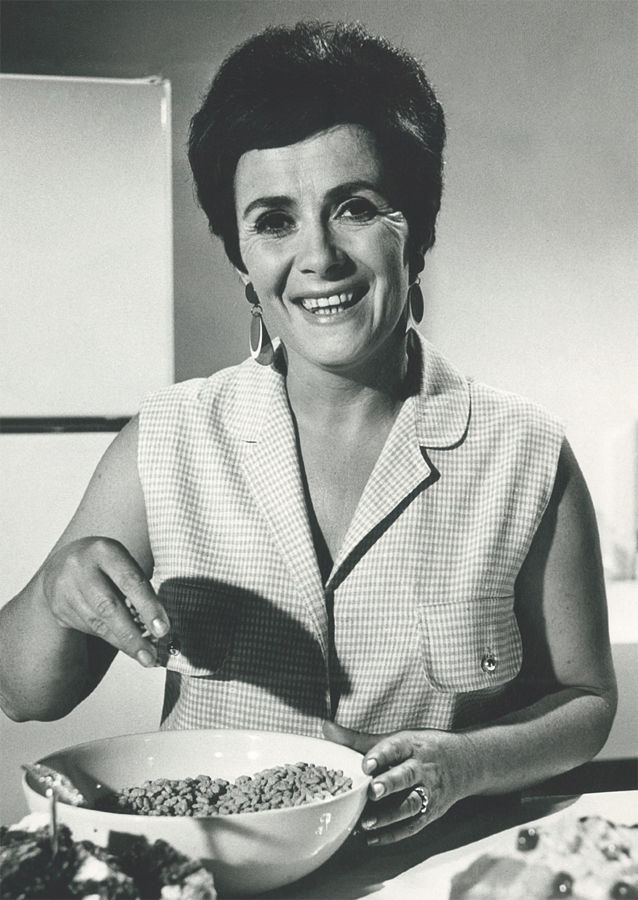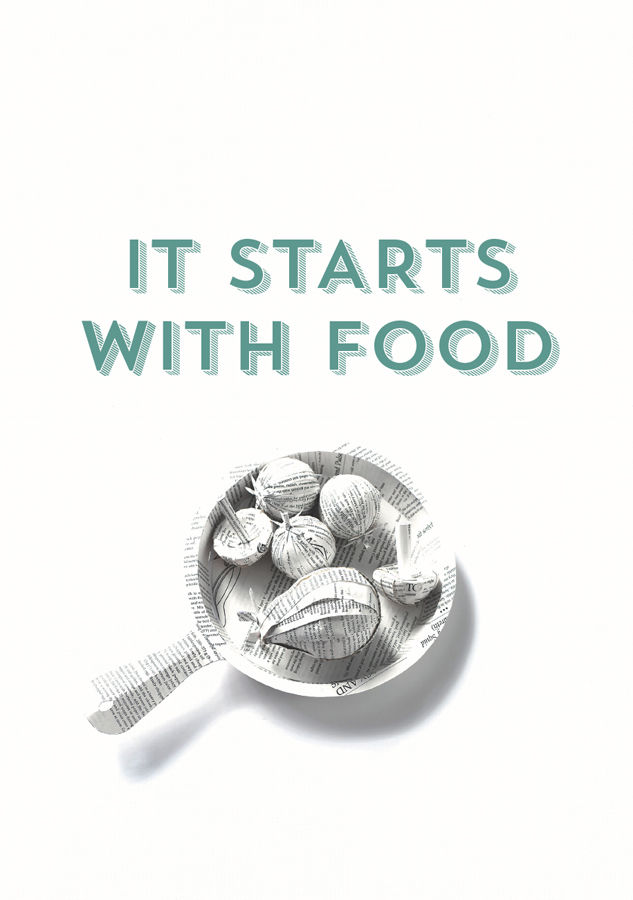KATE GIBBS is a Sydney-based food and travel writer whose work has appeared in The Wall Street Journal, The Sydney Morning Herald, Australian Gourmet Traveller , delicious. magazine and many other publications. She writes a weekly food trends column in the Sunday Style magazine in The Sunday Telegraph , as well as a popular blog, kategibbs.com. Kate is the granddaughter of Australian food writer and National Living Treasure, Margaret Fulton. This is her third book.
FOREWORD
Ive been interviewed by a lot of journalists. They want to know this and that about my life, what I eat, whether its a whole egg or an egg yolk in mayonnaise, or how to make the perfect sponge cake. As a writer myself, I always knew what they wanted, and could give them a pithy something. But these interviews with my granddaughter were different.
Writing a book in my family is always celebrated with a jolly cheer and perhaps a glass of champagne. This book was different.
Its called Margaret and Me , Grandma, Kate told me when breaking the news that she would write a memoir with recipes.
Margaret who? I replied.
But Kates memoir she calls it a foodoir, which makes me laugh is my story, too. Her ongoing career and her passion for food are entwined in the tales of what I did, what I ate, and how I gave food and cooking my all. But Kates story is her own different to mine yet as exciting. Woven within these pages are the adventures, fantastic fun and lives of two very strong, very independent women.
Our tales are different. Kate, so far, has not had to hitch a ride during a Great Depression. She has not won a job on the quality of her brown bread rolls. And I didnt learn about the magic of a home-cooked meal while I was bedraggled and blistered in faraway China. Ive spent the last thirty-odd years listening to Kates stories, hearing about her escapades, her ups and downs. And its so exciting to read them in book form.
Ive had a marvellous time doing this food thing. I learned early on that breakfast can be a bit of a rush and lunch can pass by in a whirl. But all my life I have sat down with the family and friends I love for the evening meal, gathered to share not only the food but the days happenings. Its the people that keep you going. As Kate and I sat down for yet another interview for this book, what joy it was sitting with her, reliving it all, and sharing it yet again with someone I love.
This is my legacy. I could not be more proud that my granddaughter Kate has embraced it with all the love, energy and sparkle that she uses, also, to take on the world.
Much love,
Margaret (Grandma)
December 2014
CONTENTS
INTRODUCTION
Margaret Fulton looked up from her cup of tea and breakfast and met my eyes.
Is there salt in this, darling?
I shook my head. Id been watching her arteries.
Kate. There are three ingredients in porridge. Use all of them.
Ive been telling stories about my grandmother for a long time. When I was growing up, people asked what it was like to have the National Living Treasure, the indomitable Margaret, as a grandmother. They wanted detail. So I started telling stories. I told about the time she made my mother eat the maggots in the cooked cabbage, and when the butcher delivered a whole lamb to her house as payment for work, or how impressed she was when I returned from school camp one year and had finally figured out that it was polite to help clear the table (never mind that I stacked the plates at the table at first, it was a start).
As I grew older, gradually my grandmother slipped out of the tales of what-was-eaten, and I forged a career around writing stories for newspapers and magazines instead. As a journalist, my own experiences, the food and the remarkable chefs who cooked, the gastronomic world, became the fascinating centre of my epicurean scribblings.
But what Margaret ate, how she taught middle Australia how to cook, how she travelled and brought recipes for nasi goreng and rice pilaf back from overseas, and drew the majority of households away from a diet of boiled veg and chops and meals delivered with names so unromantically literal that they were hardly a cause of national pride, remains one of the most important stories of my life.
Food is important. My view on it echoes the 200-year-old words of the French lawyer and politician, Jean Anthelme Brillat-Savarin, who famously wrote in The Physiology of Taste , Tell me what you eat and I will tell you who you are. Maybe if we could get a better grip on what we eat, where it comes from, and how we eat it, we could better understand ourselves.
Food can be the marker of our lives, too, a culinary pointer to what we did and how we did it, and who we did it with. These are the stories of all our lives, of holidays and the daily grind. For me, my fathers oyster fritters for breakfast on holidays a few hours north of Sydney, staying near the beach, remains one of my strongest memories. Hed wake us up by whistling Brahms, brewing pots of plunger coffee and tumbling these fried, crunchy morsels studded with whole oysters that tasted of the sea onto plates, lemon wedges for squeezing over. Then there were my mothers hot Indian curries, mountains of pappadams and homemade chutneys, each of us serving and being served, talking over each other, spooning mango pickle from a jar, a sip of Dads beer. It helps me better understand myself, somehow.
Cooking for your people makes life better. Few of us like to cook for professional cooks and chefs for fear of being judged or, worse, berated. Better to bow to the experts and just bring dessert in a box. Usually, though, cooks are the most generous, gracious diners, who heap praise on those of us who bother to take to the saucepan or the whisk for them at all. Margaret is no exception. She once swore my Korean beef tacos were the best things shes ever eaten. The saltless porridge though, not so much.
My grandmother talks about growing up at the table, singing for her supper. Everyone helped and pitched in, stirred the pots and set the table, cleared up. The kitchen was the centre of the house for her, as a child. And she made it so for us, too. I grew up the way many do, at the table, surrounded by family and friends. Its the stories from these tables that I now share. This is my inheritance.
AN INTRODUCTION TO FOOD AND COOKERY
They taught us the daftest things, Grandma tells me. Goodness only knows why I ever took up a career in food. I might have run away, gone into fashion or become a stage actor or a Bluebell girl, and never made a sponge cake at all.

